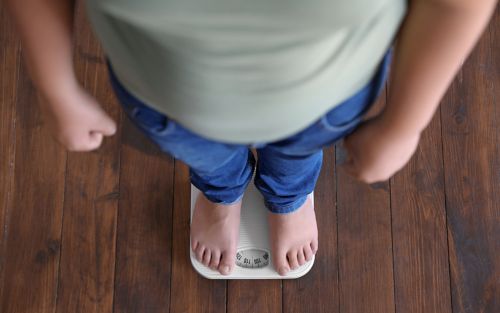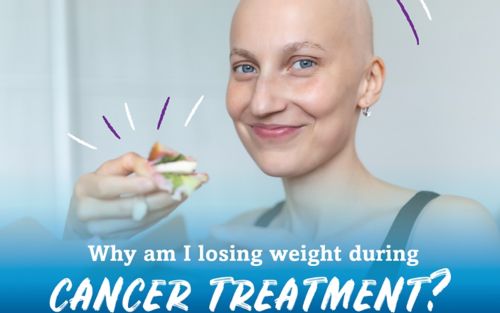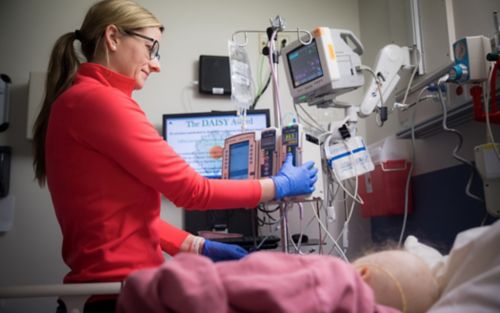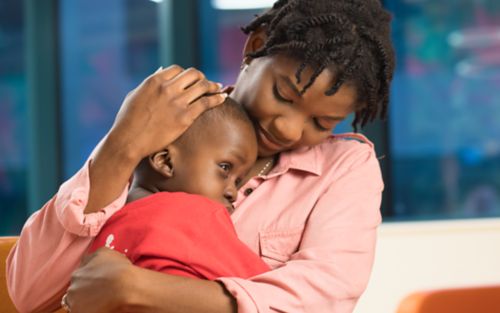Knowing the facts about treatment and side effects can help you be informed about your care. Get the facts about how treatment works and how it may affect you now and later in life.
Knowing the facts about treatment and side effects can help you be informed about your care. Get the facts about how treatment works and how it may affect you now and later in life.

Some treatments for childhood cancer may affect the ability of survivors to have children. Read about treatments that may affect fertility and family planning options.

Infertility can be a side effect of certain childhood cancer treatments. Families are encouraged to discuss with the care team the impact of treatment on the patient’s fertility before treatment starts.

Sex is usually safe during and after cancer treatment, but there are precautions that may be needed. Learn more about sexual health during cancer.

Cancer treatment and stem cell transplant during childhood can cause infertility in males. Learn more about fertility preservation and family planning options.

Fertility problems (infertility) can be a side effect of illness or treatments. Learn about male fertility preservation options and how to talk to your doctor.

Fertility problems (infertility) can be a side effect of illness or treatments. Learn about female fertility preservation options and how to talk to your doctor.

Teens can gain weight during cancer treatment due to certain medicines, inactivity, or poor sleep. Learn how to manage weight during cancer treatment.

Weight loss is a common side effect of cancer and cancer treatments. Learn tips on how to manage weight through diet and a healthy lifestyle.

Treatments for childhood illnesses include medicine, surgery, radiation, stem cell transplant, immunotherapy, or targeted therapy. Learn about these treatments.

Managing symptoms and side effects are important to your child’s recovery and well-being. Learn more about symptoms and treatment side effects.

The treatments that cure cancer can also have certain long-term and late side effects. Learn about which treatments are linked to certain late effects.
?fit=crop,1&wid=500&hei=313)
Some medical tests and treatments can severely harm an unborn child and cause birth defects. Learn more about how safeguarding your pregnancy.